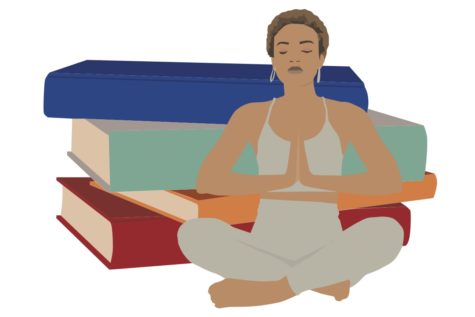OPINION | Non-academic classes create balance in student schedules
September 7, 2022

Tulane University repeatedly ranks as one of the most expensive universities in the United States, with tuition costing around $70,000. Whether tuition funds come from a generous parent or student loans, students should feel inclined to take advantage of their time at Tulane. Enrolling in some of Tulane’s less-traditional academic classes can offer students a relieving break from more challenging courses — plus, you are paying for them regardless.
Considering the steep cost of tuition and the stress that many students experience, we may neglect habits that nourish our physical and mental health. For instance, between social obligations and school work, some students choose to put exercise on the back burner. However, being physically active can improve your brain health, reduce your risk of disease and improve your ability to perform daily activities, which are all critically important during the school year.
Joining an intramural or club sport team is one way of getting active in college, but if you need the motivation of attendance requirements, taking an exercise-related class is a valuable option. The dance department teaches many styles of dance at Tulane at different levels — including modern, jazz, African, tap and more.
If dance isn’t calling your name, the dance department also offers a yoga class. The course is called “Dance Applied,” and students practice yoga twice a week and learn typical vocabulary, philosophy and positions.
Senior Grace Chiong is enrolled in Professor Cannon’s yoga class. It has “definitely improved my energy throughout the week,” she said. “Having a dedicated time frame where I have to be present and avoid letting my mind drift to my other responsibilities has improved my stress levels as well.”
Moving our bodies is only one of the many ways we may be able to fuel our minds. Creativity and artistic expression have been proven to lower stress and anxiety, improve connections in the brain and help process emotions. Tulane offers many studio art classes for all students interested in the visual arts. Among the courses offered are ceramics, glass, painting, photography and printmaking.
As students get closer to completing their degree requirements, they may have room in their schedules to take classes outside their major requirements. If first- and second-year students were more aware of these less traditional classes, they could strive to maintain balance throughout their entire time at Tulane rather than their final few semesters.
“I definitely wish I knew about classes like yoga sooner,” Chiong said. “I feel like many students would agree that movement-based classes aren’t encouraged as much as other courses.”
While these classes may not have typical assignments and teaching methods, students should take them just as seriously as other classes. Course descriptions offer insight into how rigorous and demanding a class is, which can help students determine what fits into their workload.






















Leave a Comment